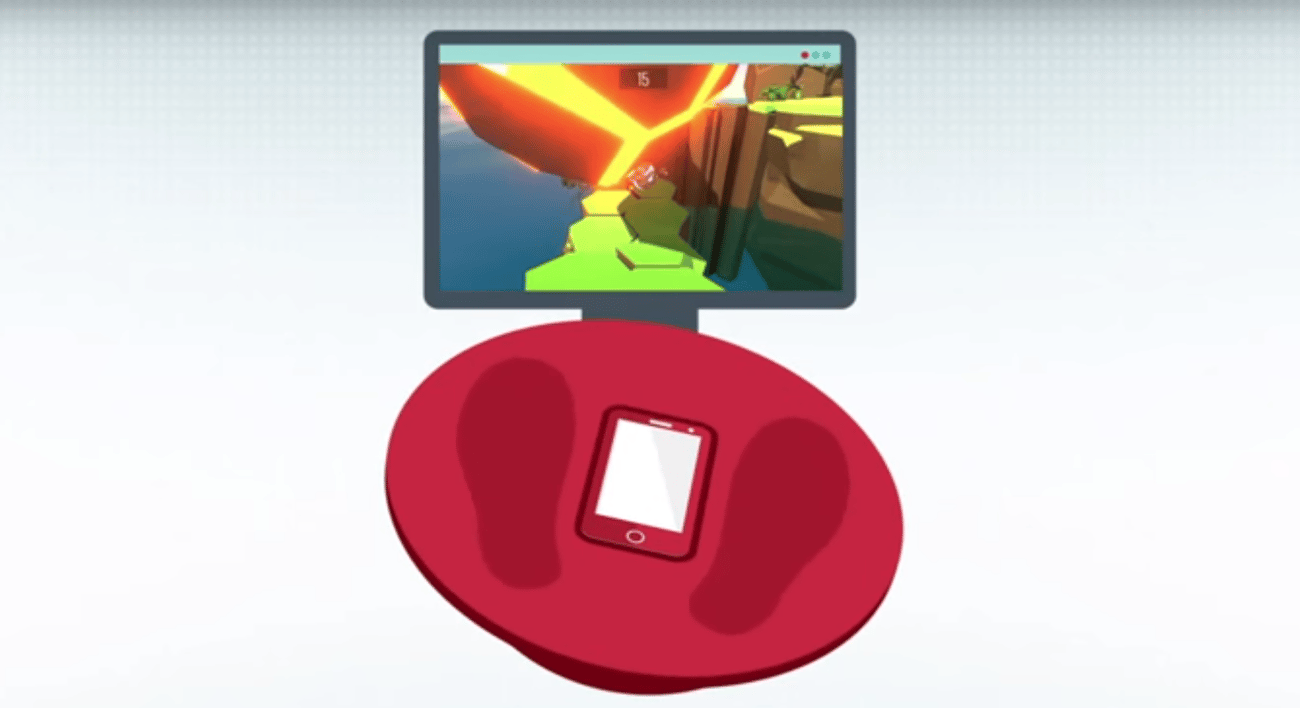
Back in 2014 Idealog introduced Swibo, a team of young entrepreneurs developing an interactive balance board after winning the Victoria University Entrepreneur Bootcamp. Now after a year of trials the team have launched a kickstarter to make ‘Tilt’, the fruit of all that labour, accessible to the general consumer market of physiotherapy attendees or people who just want to be a little bit more active and continue gaming.
By connecting a lightweight balance board to a screen through a smartphone, Tilt allows the user to control games by tilting the board. Users can fly a rocket through space, or compete with others to knock each other off an island. Swibo CEO Benjamin Dunn says the game aspect of Tilt makes the otherwise monotonous task of physio exercises fun and engaging, which increases compliance rates.
The project will only be funded if at least $15,000 is pledged by 18 February. Rewards for pledging include access to three kickstarter release games and Tilt balance boards.
As well as providing a solution for physio patients Swibo have teamed up with the New Zealand Artificial Limb Service to help lower limb amputees regain balance with a new prosthetic. Dunn says balance training is something that a person with an artificial leg needs to do regularly, pretty much everyday, in order to regain confidence, ability and independence. “Getting used to a prosthetic is a long grueling and painful process and one of those pains is getting training on a daily basis and going to physiotherapy.”
At the moment the team is working with physiotherapists to get balance boards into clinics, but making Tilt accessible to patients at home is the plan. “There’s five clinics in the country serving about 4000 lower limb amputees with 400 new ones every year, so it’s hard to receive therapy and some only go to clinics three to four times a year,” he says. “This would allow people to do it from home, and it will enable a whole lot more connection between the user and their physio. The physio can assign different games and keep track of the progress.”
In the early stages patients with prosthetics will use Tilt while seated before gradually standing with the support of something to hold on to. “Hopefully as they get better they can do it freestanding like anyone else,” Dunn says.
However, Tilt is not only a solution to amputees or physio patients. The Swibo team have been trialing the balance board with high performance athletes as a data collector by recording the players’ movement. By analysing a player’s balance data, information can be collected about asymmetry, risk to injury and improvement rates, which Dunn says is important for athletes to know more about themselves and also for trainers to know their players’ abilities.
Once trials are finished, Swibo hopes to take Tilt international, as a way of keeping high performance athletes on the field. “The real target markets for growth are in Europe and the US where they spend a lot of money on athletes trying to keep them healthy,” he says.




